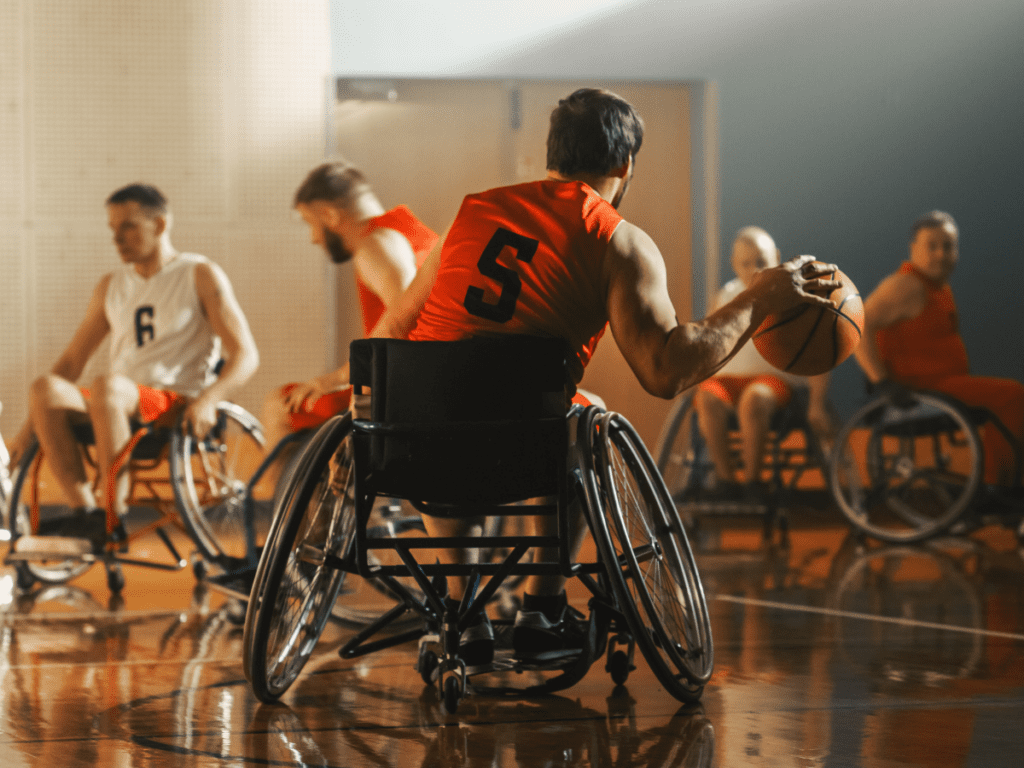Advancing an agenda for research partnerships in sport

Introduction and context The goal of this research was to create an agenda that will advance support and capacity for research partnerships in sport. Effective partnerships between academics (e.g., faculty, students, consultants) and sport sector members (e.g., organizations, coaches, athletes, government bodies) can bridge gaps between research and practice, leading to evidence-based sport policies and…
Working together to improve evaluation in the sport sector: Learnings from a research partnership

Evaluating programs is crucial for sport organizations. For example, evaluation can be used to demonstrate the impact of programs to funding agencies (like Sport Canada) or inform changes in programming to better serve sport participants. However, many sport organizations lack the time, money, or knowledge and experience to effectively undertaken evaluation work (Mitchell & Berlan,…
Best practices in Concussion in Sport: Updates from the Amsterdam International Consensus Statement

Highlights: Introduction People involved in sport tend to know someone who has had a concussion. Concussions are brain injuries that happen after direct hits to or transmitted indirectly to the head. Concussions lead to many different symptoms reported by the injured athlete or sport participant and by other individuals observing signs (Davis et al., 2023a).1…
Microbiota and athletic performance
Trillions of microorganisms, known as microbiota, live inside our digestive tract and regulate key aspects of health and disease. Recently, a connection between the gut microbiota and physical activity has been discovered. Research now shows that these microorganisms may be leveraged to enhance athlete performance, in particular endurance.
Fitness apps and activity trackers promote activity
Mobile apps and fitness trackers are a convenient way to monitor activity, set personalized activity goals and receive feedback on your activity levels. Fitness apps and activity trackers encourage better activity habits; for example, researchers found that those who use apps and trackers take approximately 1850 more steps per day, which is equal to just…
Physical literacy for engaging youth post-pandemic
Providing evidence-based sport and physical activity opportunities that intentionally support the development of physical literacy can help youth rebound from the negative impacts of the COVID-19 pandemic. Activities that are fun, challenging yet accomplishable, and that spark creativity in movement welcome youth back to the playing field and hold promise for keeping them engaged in…
How to write a quality grant application
For many sport organizations, funding is a key topic of discussion. As they look to continue their missions or potentially create new, innovative and inclusive programming, questions about where that funding can come is top of mind. This blog provides strategies for crafting a convincing grant application.
Gender imbalance in sport research
Despite the past year being significant for women’s sport, evidence demonstrates that athlete research is still heavily skewed towards male. This imbalance leaves large gaps in knowledge about women’s sport, sports-related injuries and in particular, training and the menstrual cycle.
Non-verbal communication in sport
Sport researchers have demonstrated that unspoken communication is crucial, especially for coaches. Athletes respond to coaches’ body language more frequently and quickly (4.5 times faster) than verbal communication. To promote effective communication, coaches should be direct, take time to consider the best ways to communicate with athletes, and remember that their body language and timing…
Sport research and practice
Sport and physical activity research can get stuck sitting in the pages of academic journals. Integrated knowledge translation is one way to make sure that doesn’t happen! Integrated knowledge translation involves meaningful collaboration between researchers and knowledge users to help bridge the gap between research and practice.